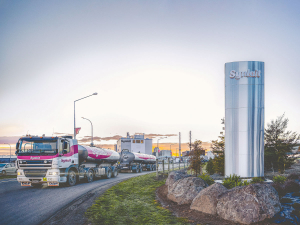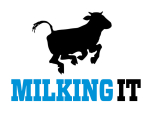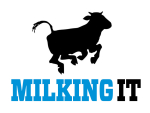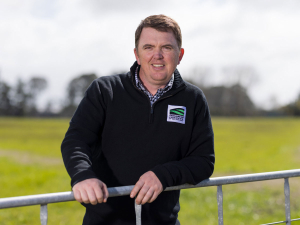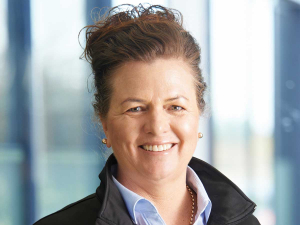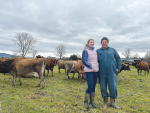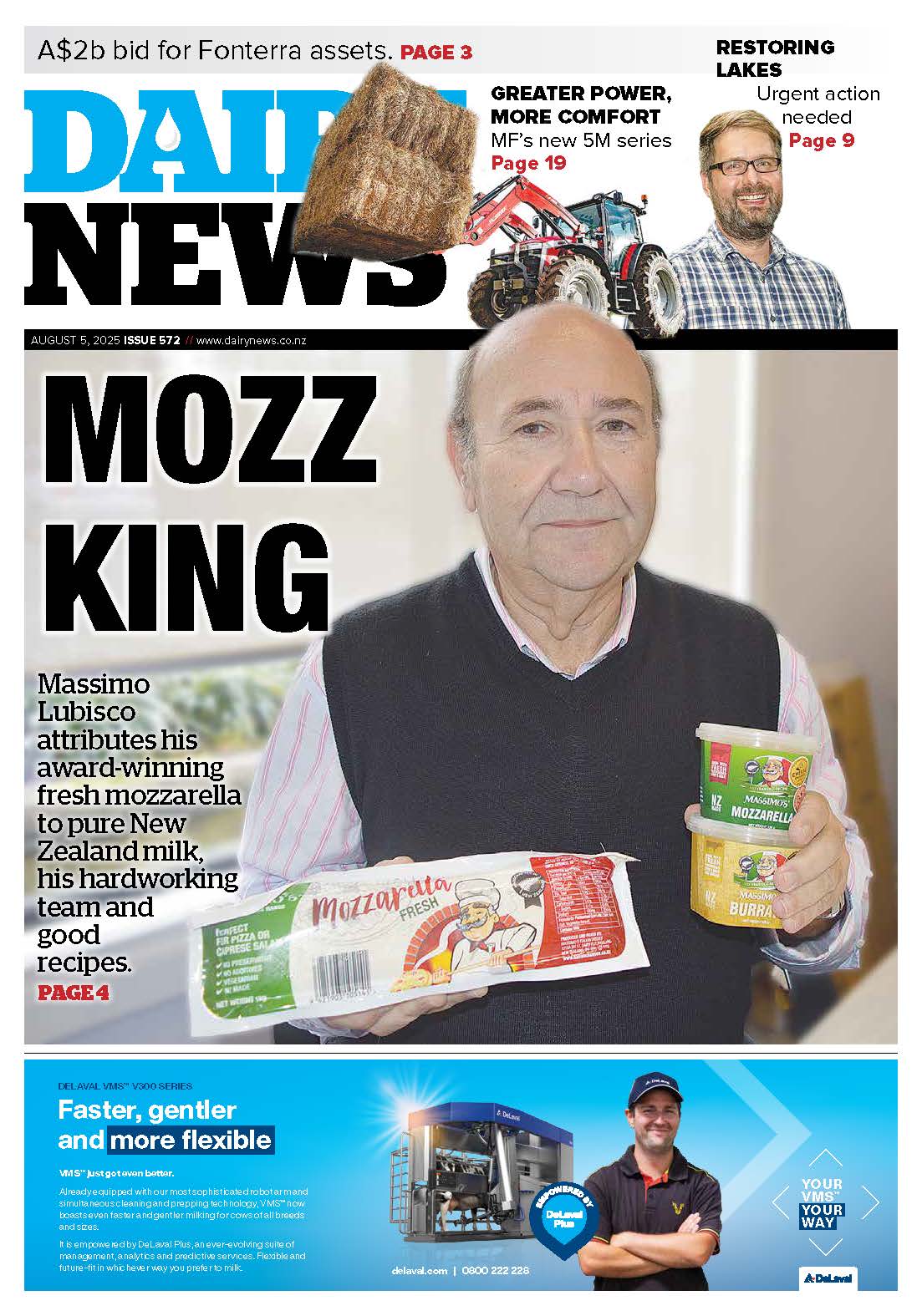The company's full year results for the year ended July 31, 2022, released last week, revealed revenue up 21% to $1.66 billion, a new record.
NPAT (net profit after tax) is up $67.0 million to $38.5 million and EBITDA (earnings before interest, taxes, depreciation and amortization) up $91.8 million to $129.1 million.
The company also said its balance sheet had "returned to normal metrics" with a net debt to EBITDA ratio of 2.6, enabled by strong operating cashflow and inventory reduction.
Chief financial officer told an online media briefing it was "a very solid result".
It is a significant turnaround from the $28.5 million loss last year, which was Synlait's first loss after the nine years of profitability.
The final average base milk price is $9.30/kgMS for the 2021/2022 season - the highest yet paid by Synlait. An average of $0.29/kgMS was also paid for incentives, taking the total average to $9.59/kgMS for the season.
Synlait says the record milk price resulted from constrained global milk supplies and consistent global demand for dairy products, along with strength in the US dollar against the New Zealand dollar.
For the 2022/23 season, Synlait's forecast average base milk price remains at $9.50/kgMS.
Synlait chair John Penno said that the past year had been an important period of refocusing.
"We have ensured Synlait has the right team, is focused on the right opportunities, and has the right resources to succeed.
"While rebuilding revenue, reducing unnecessary costs, releasing working capital, and decreasing capital expenditure, we have focused on building scale and capability in the highest returning segments available to the New Zealand dairy industry."
Penno said Synlait's ingredients business has returned to its historical profitability, and its nutritionals business has returned to growth.
Synlait chief executive Grant Watson said the company was well positioned entering its second year of recovery.
"We have progressed our strategy, structure, capability, and culture and lifted our execution, but there is much more to do.
"Seeing the outcomes of our financial and strategic reviews come to fruition sooner than expected in the face of a challenging trading environment has been pleasing.
"Continuing to strengthen our foundations over the next year will ensure we keep improving our financial performance for shareholders and continue making Synlait a great place to work for our team."
Among the highlights of the year was a "refreshed" company strategy, with a greater focus on the company's core business opportunities: advanced nutrition, ingredients, consumer and foodservice.
Pokeno Update
Commercial production is due to start in early 2023 at Synlait's new Pokeno plant, for a not-yet-publicly-identified new multinational customer.
Synlait says the project overall is on track with product trials progressing, and product planned for distribution in Southeast Asia during the second quarter of next year.





